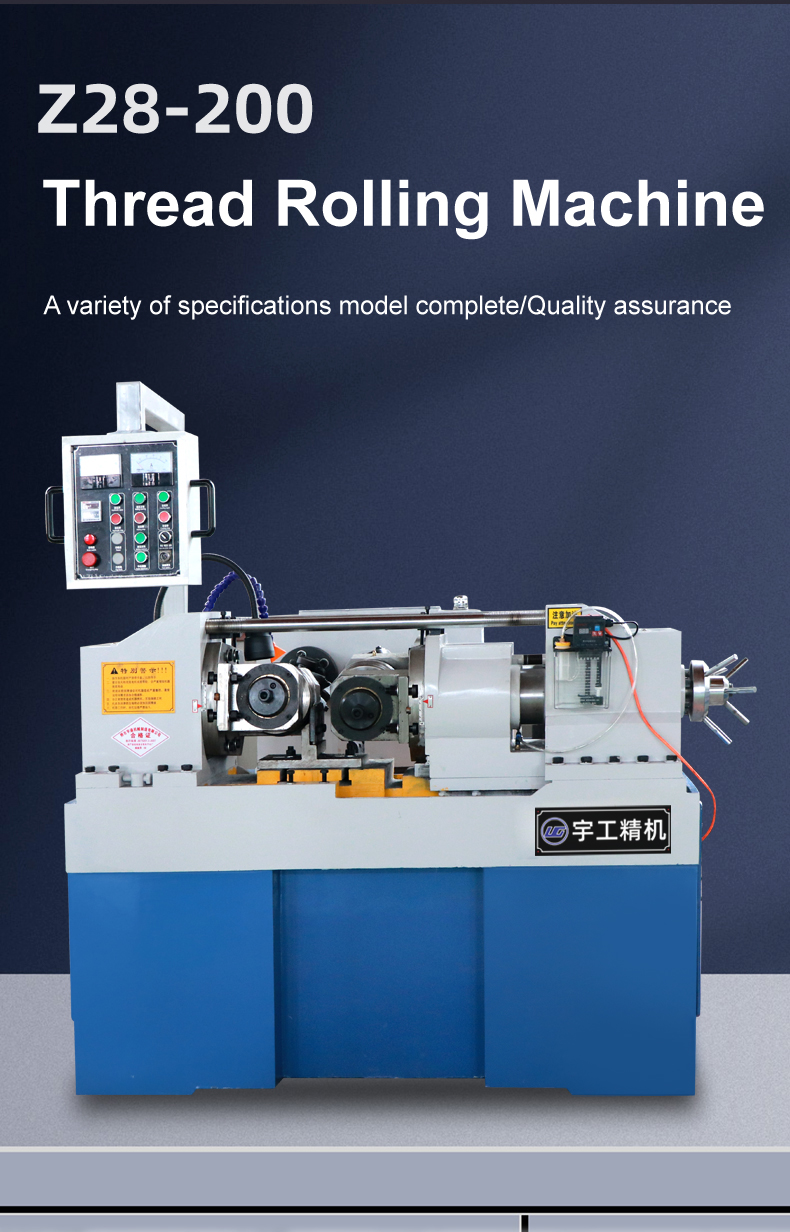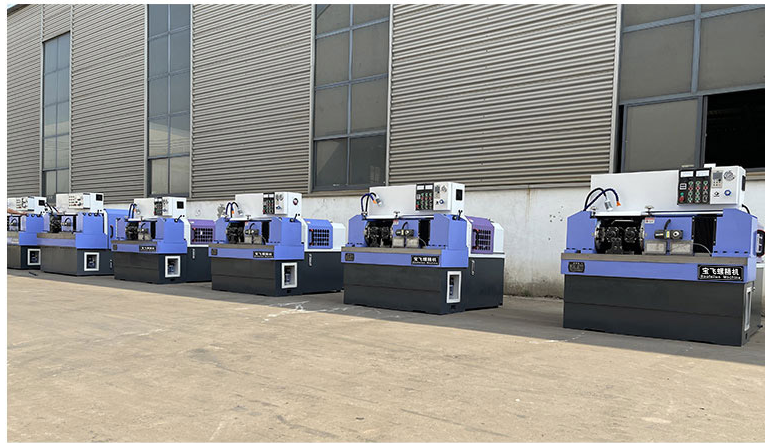
-
 Afrikaans
Afrikaans -
 Albanian
Albanian -
 Amharic
Amharic -
 Arabic
Arabic -
 Armenian
Armenian -
 Azerbaijani
Azerbaijani -
 Basque
Basque -
 Belarusian
Belarusian -
 Bengali
Bengali -
 Bosnian
Bosnian -
 Bulgarian
Bulgarian -
 Catalan
Catalan -
 Cebuano
Cebuano -
 Corsican
Corsican -
 Croatian
Croatian -
 Czech
Czech -
 Danish
Danish -
 Dutch
Dutch -
 English
English -
 Esperanto
Esperanto -
 Estonian
Estonian -
 Finnish
Finnish -
 French
French -
 Frisian
Frisian -
 Galician
Galician -
 Georgian
Georgian -
 German
German -
 Greek
Greek -
 Gujarati
Gujarati -
 Haitian Creole
Haitian Creole -
 hausa
hausa -
 hawaiian
hawaiian -
 Hebrew
Hebrew -
 Hindi
Hindi -
 Miao
Miao -
 Hungarian
Hungarian -
 Icelandic
Icelandic -
 igbo
igbo -
 Indonesian
Indonesian -
 irish
irish -
 Italian
Italian -
 Japanese
Japanese -
 Javanese
Javanese -
 Kannada
Kannada -
 kazakh
kazakh -
 Khmer
Khmer -
 Rwandese
Rwandese -
 Korean
Korean -
 Kurdish
Kurdish -
 Kyrgyz
Kyrgyz -
 Lao
Lao -
 Latin
Latin -
 Latvian
Latvian -
 Lithuanian
Lithuanian -
 Luxembourgish
Luxembourgish -
 Macedonian
Macedonian -
 Malgashi
Malgashi -
 Malay
Malay -
 Malayalam
Malayalam -
 Maltese
Maltese -
 Maori
Maori -
 Marathi
Marathi -
 Mongolian
Mongolian -
 Myanmar
Myanmar -
 Nepali
Nepali -
 Norwegian
Norwegian -
 Norwegian
Norwegian -
 Occitan
Occitan -
 Pashto
Pashto -
 Persian
Persian -
 Polish
Polish -
 Portuguese
Portuguese -
 Punjabi
Punjabi -
 Romanian
Romanian -
 Russian
Russian -
 Samoan
Samoan -
 Scottish Gaelic
Scottish Gaelic -
 Serbian
Serbian -
 Sesotho
Sesotho -
 Shona
Shona -
 Sindhi
Sindhi -
 Sinhala
Sinhala -
 Slovak
Slovak -
 Slovenian
Slovenian -
 Somali
Somali -
 Spanish
Spanish -
 Sundanese
Sundanese -
 Swahili
Swahili -
 Swedish
Swedish -
 Tagalog
Tagalog -
 Tajik
Tajik -
 Tamil
Tamil -
 Tatar
Tatar -
 Telugu
Telugu -
 Thai
Thai -
 Turkish
Turkish -
 Turkmen
Turkmen -
 Ukrainian
Ukrainian -
 Urdu
Urdu -
 Uighur
Uighur -
 Uzbek
Uzbek -
 Vietnamese
Vietnamese -
 Welsh
Welsh -
 Bantu
Bantu -
 Yiddish
Yiddish -
 Yoruba
Yoruba -
 Zulu
Zulu
Best Thread Rolling Machine Price List Top Suppliers & Deals
- Introduction to Thread Rolling Machines and Market Trends
- Key Technical Advantages Driving Modern Thread Rolling Machines
- Comparative Analysis of Top Thread Rolling Machine Suppliers
- Customization Options for Diverse Industrial Needs
- Real-World Applications and Performance Metrics
- Budget Considerations and Price Range Breakdown
- Strategic Insights for Selecting the Best Thread Rolling Machine Price List

(best thread rolling machine price list)
Understanding the Best Thread Rolling Machine Price List for Industrial Efficiency
Thread rolling machines have become indispensable in manufacturing due to their ability to produce high-precision threads with minimal material waste. The best thread rolling machine price list
reflects a balance between advanced technology and cost-effectiveness. According to industry reports, the global thread rolling equipment market is projected to grow at a CAGR of 5.2% from 2023 to 2030, driven by demand from automotive, aerospace, and construction sectors. Suppliers offering competitive pricing often integrate servo-driven systems, which reduce energy consumption by up to 25% compared to hydraulic models.
Core Technical Features Defining Superior Performance
Modern thread rolling machines leverage innovations such as multi-axis control, real-time pressure monitoring, and adaptive feed mechanisms. For example, machines equipped with closed-loop feedback systems achieve thread tolerances within ±0.005 mm, ensuring compliance with ISO 9001 standards. Leading models also feature automated tool changers, cutting setup time by 40% and enabling rapid transitions between thread profiles (e.g., ACME, trapezoidal, or ball screws).
Supplier Comparison: Pricing, Technology, and Reliability
| Supplier | Price Range (USD) | Key Technology | Customization | Delivery Time |
|---|---|---|---|---|
| Company A | $45,000–$80,000 | Servo-electric drives | Yes | 8–10 weeks |
| Company B | $38,000–$72,000 | Hybrid hydraulic systems | Limited | 6–8 weeks |
| Company C | $52,000–$95,000 | AI-based predictive maintenance | Yes | 10–12 weeks |
Tailored Solutions for Industry-Specific Requirements
Leading thread rolling machine price list suppliers provide modular designs to accommodate unique production workflows. For instance, automotive manufacturers often require machines capable of processing hardened steel (HRC 60+), while aerospace clients prioritize titanium compatibility. Customizable options may include specialized roller dies, coolant filtration systems, or integration with Industry 4.0 platforms for data analytics.
Case Study: Enhancing Productivity in Fastener Manufacturing
A European automotive parts supplier reported a 30% increase in output after switching to a servo-driven thread rolling machine from Company A. The machine’s ability to operate at 350 RPM with zero tool deflection reduced scrap rates from 4.2% to 1.1%, translating to annual savings of $220,000. Post-installation ROI was achieved within 14 months.
Budget Planning and Cost-Saving Strategies
While entry-level machines start at $35,000, mid-range models ($60,000–$85,000) typically offer better ROI through features like energy recovery systems and remote diagnostics. Bulk purchasing agreements with thread rolling machine price list companies can lower unit costs by 12–18%, and leasing options are available for SMEs seeking flexible capital expenditure.
Securing Value with the Best Thread Rolling Machine Price List
Selecting the optimal thread rolling machine requires evaluating lifecycle costs, technical support, and scalability. Suppliers that provide free training and extended warranties (e.g., 5 years on critical components) often deliver greater long-term value. By prioritizing machines with energy efficiency certifications like ISO 50001, manufacturers can reduce operational expenses while meeting sustainability goals.

(best thread rolling machine price list)
FAQS on best thread rolling machine price list
Q: Where can I find the best thread rolling machine price list?
A: Reputable thread rolling machine price list companies and suppliers often publish updated price lists on their official websites. You can also request customized quotes by contacting their sales teams directly.
Q: What factors affect the pricing in a thread rolling machine price list?
A: Prices vary based on machine capacity, material quality, automation level, and brand reputation. Suppliers may also offer discounts for bulk orders or long-term partnerships.
Q: How do I verify the reliability of thread rolling machine price list suppliers?
A: Check supplier certifications (e.g., ISO), customer reviews, and industry references. Reputable companies often provide product demos or trial services to ensure quality compliance.
Q: Are thread rolling machine price lists negotiable with suppliers?
A: Many suppliers offer flexible pricing for bulk purchases or repeat orders. Negotiate based on your project requirements, payment terms, and delivery timelines to secure better deals.
Q: Do thread rolling machine price lists include maintenance and warranty costs?
A: This depends on the supplier—some include warranties and service packages in their base pricing. Always clarify coverage terms and optional service add-ons before finalizing purchases.
